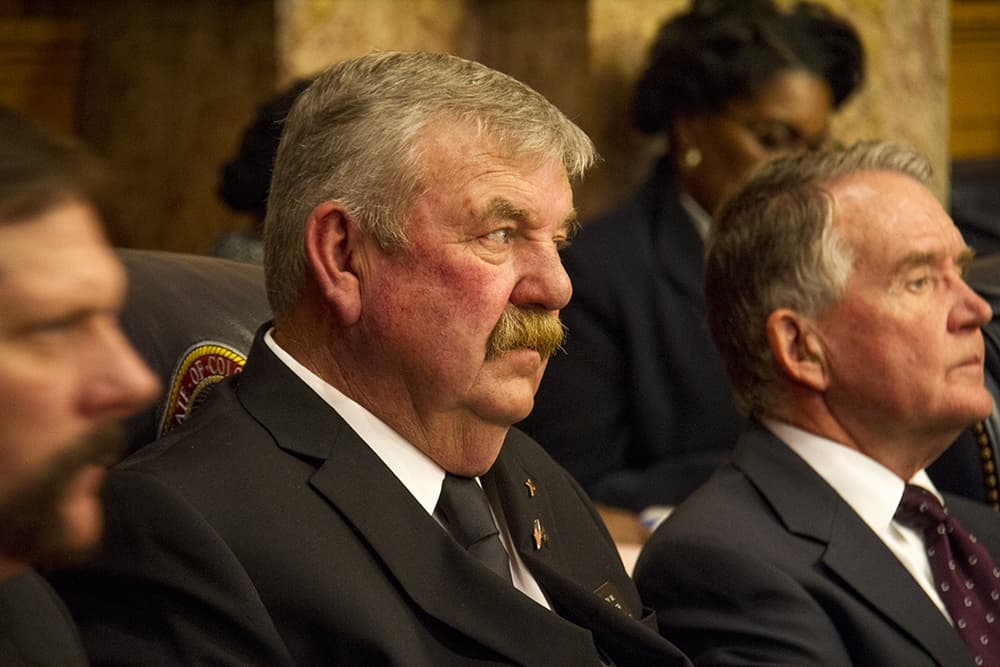
By James Anderson, Associated Press
A Senate committee led by Republicans who oppose tampering with the Taxpayer's Bill of Rights on Monday defeated a measure to ask Colorado voters if they want to keep more tax revenue for roads, education and health care.
GOP Rep. Dan Thurlow of Grand Junction and Sen. Larry Crowder of Alamosa wanted to ask voters to change the way limits on state revenue are calculated under TABOR, the constitutional amendment adopted in 1992.
But the Senate State, Veterans, and Military Affairs Committee voted 3-2 along party lines to reject the bill.
Thurlow says the state's spending blueprint needs fixing because circumstances have changed substantially and everything from K-12 education to roads are chronically underfunded. Each year, lawmakers struggle to balance the budget and meet the needs of rapidly growing Colorado because of the revenue cap.
TABOR requires any revenue above the cap to be refunded to taxpayers, unless voters say otherwise. The cap is calculated using population growth and inflation, while the bill would have used a higher rate of personal income growth instead.
Budget forecasts say refunds could total $158 million or upward for the fiscal year that starts July 1. Thurlow had testified that his bill would drastically cut anticipated refunds.
The two Republican sponsors said they were trying to untangle conflicting legal mandates that dictate what lawmakers can and cannot do. TABOR restricts spending; another mandate requires increased K-12 spending each year; and yet another will soon reduce property tax collections, which are tied to how much commercial property taxes are rising.
"We have to fix the process in order to make logical decisions on the budget," Thurlow said recently. "If they want us to prioritize, they have to take away the restrictions."
Crowder's rural southern Colorado district has suffered because of budget-balancing tactics that include reducing fees paid by hospitals to secure matching federal funds. Those fees are counted as state revenue under TABOR, and when they are cut to balance the budget, rural hospitals get less.
"If you look at it realistically, what are we doing here if we can't govern?" Crowder said. "There is no holy grail in government. Period. Including TABOR."
The sponsors' argument ran counter to long-held orthodoxy among Colorado Republicans who insist that the state can make do with what it has.
Senate President Kevin Grantham triggered a near-rebellion this session among fellow Republicans when he and Democratic House Speaker Crisanta Duran unveiled a bill that would ask voters for a sales tax hike and a bond issue to fund billions of dollars in transportation needs.
Several Republicans, including Grantham's No. 2, Sen. Chris Holbert, denounced any tax hike. Sen. Jerry Sonnenberg, vice chairman of the State, Veterans and Military Affairs Committee, said he would introduce a transportation bill with no tax hike.












